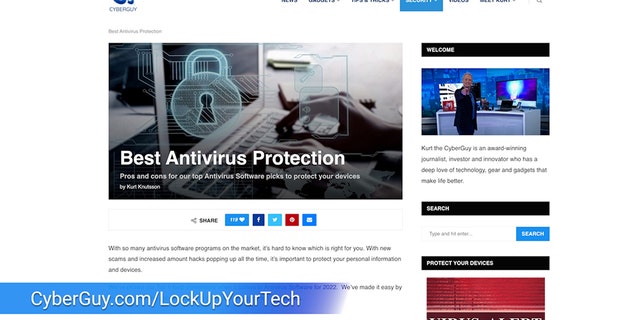Last week, as the last round of “trilogue” negotiations were getting underway in the EU on the EU Copyright Directive, we noted a strange thing. While tech companies and public interest groups have been speaking out loudly against Article 13, a strange “ally” also started complaining about it: a bunch of TV, movie and sports organizations started complaining that Article 13 was a bad idea. But… for very different reasons. Their concerns were that regulators had actually finally begun to understand the ridiculousness of Article 13 and had been trying to add in some “safe harbors” into the law. Specifically, the safe harbors would make it clear that if platforms followed certain specific steps to try to stop infringing works from their platform, they would avoid liability. But, according to these organizations, safe harbors of any kind are a non-starter.
Those same groups are back with a new letter that’s even more unhinged and more explicit about this. The real issue is that they recently got a ruling out of a German court that basically said platforms are already liable for any infringement, and they’re now afraid that Article 13 will “soften” that ruling by enabling safe harbors.
In a letter of 1 December we alerted the three EU institutions that the texts under discussion would undermine current case law of the Court of Justice of the European Union (CJEU) which already makes it clear that online content sharing service providers (OCSSPs) communicate to the public and are not eligible for the liability privilege of Article 14 E-Commerce Directive (ECD). The proposal would further muddy the waters of jurisprudence in this area in light of the pending German Federal Court of Justice (Bundesgerichtshof) referral to the CJEU in a case involving YouTube/Google and certain rightholders, addressing this very issue. The initial goal of Article 13 was to codify the existing case-law in a way that would enable right holders to better control the exploitation of their content vis a vis certain OCSSPs which currently wrongfully claim they benefit from the liability privilege of Article 14 ECD. Unfortunately, the Value Gap provision has mutated in such a way that it now creates a new liability privilege for big platforms and therefore even further strengthens the role of OCSSPs to the direct detriment of rightholders.
First of all, it is complete and utter bullshit to claim that Article 13 was “to codify existing case law.” Article 13 was designed to create an entirely brand new liability regime that deliberately sought to avoid Article 14 of the E-Commerce Directive (ECD). The ECD functions somewhat akin to the DMCA’s safe harbors in the US, in that they include intermediary liability protections for sites that comply with takedown notices in a reasonable manner. The entire point of Article 13 in the EU Copyright Directive was to take copyright out of the E-Commerce Directive and to remove those safe harbors. To claim otherwise is laughable.
It is, of course, hilarious that these companies are now pretending that just because they got a good ruling in their favor on this point, that they’re suddenly freaking out that any safe harbor might exist for internet platforms, but here they’re explicit about how against a safe harbor they are:
Last week, we proposed a balanced and sound compromise solution consisting in guidance on the issue of OCSSP liability with reference to the existing jurisprudence of the CJEU. This solution would ensure rightholder collaboration in furtherance of the deployment of appropriate and proportionate measures as well as addressing the potential liability of uploaders where the platform has concluded a license, without the creation of any new safe harbours for big platforms. We continue to believe that this reasonable approach would have broad support, including in the rightholders community and could at the same time conciliate different views of Member States and different political groups in the European Parliament, without the need to give powerful active platforms the gift of a new liability privilege which goes beyond the stated intent of the proposed copyright reform. We also indicated that if, on the contrary, any new safe harbour/”mitigation of liability” would be part of a final trilogue agreement, we want to be excluded from the entire value gap provision.
It’s also hilarious that they refer to this as “the value gap provision.” The “value gap” is a made up concept by some legacy copyright companies to complain that their business models aren’t as all powerful as they used to be, and therefore the government must step in to force other companies to give them money.
Also note the messaging here: they don’t talk about what would be best for the public. Just for “the rightsholder community.”
Anyway, if they want to be “excluded” from Article 13 entirely, I think that’s fine. The best solution here is the obvious one: the EU can drop Article 13 entirely.
Permalink | Comments | Email This Story
Techdirt.



